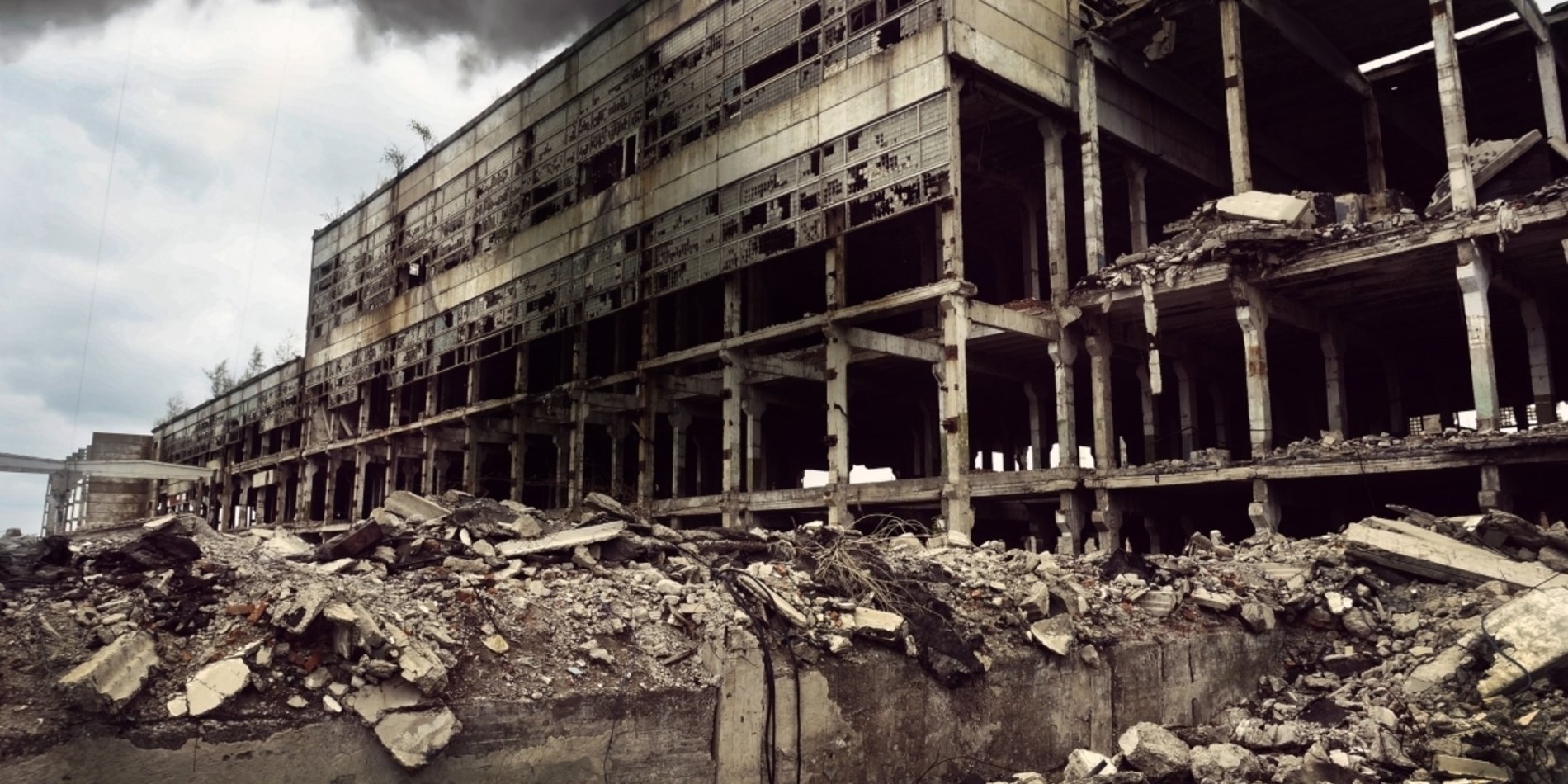Learning from Conflict: A note from Woods Director Chris Field
Stanford Woods Institute for the Environment
As a climate-change researcher, I work on issues that make a difference for the future. But long-term issues like climate change can be hard to prioritize in light of Russia’s unprovoked invasion of Ukraine. It is shocking to see the endless streams of refugees and vibrant communities laid waste. But it is also inspiring to see the courage of the Ukrainian people and the near-total unity of the rest of the world in supporting Ukraine and condemning Russia.
The current crisis warrants the strong focus of the world community, exploring every option to stop the conflict. At the same time, it is important to learn from what we are seeing in Ukraine, and to think creatively about building a better world when the conflict ends.
The heroism of the Ukrainian and Polish people in assisting displaced Ukrainians has been remarkable, both for its generosity and its effectiveness. When faced with a disaster, whether from bombs or extreme weather, we often look first to government for support. Government has a role, but so do strong communities. Improving the ability of communities to design and execute those aspects of emergency response that they do best should be a priority in our planning for emergency services, especially for climate change adaptation.
For the longer term, it is worth reflecting on the ways that more than a century of global-scale politics have been distorted by oil and gas. Oil and gas are at the root of many examples of invasions, repressive governments, and financing for international hegemony. Broadening the energy portfolio beyond oil and gas, and eventually dropping oil and gas from the energy mix, can play a role in decreasing political and financial distortions, and potentially disempowering future would-be autocrats. But it is also important to ensure that follow-on energy systems do not have the kind of features that concentrate power and encourage international conflict. Widely distributed energy resources like wind and solar look even better in the context of denying autocrats the ability to cut supplies or gouge price.
Historically, times of crisis can lend new urgency to surmounting old challenges. Ending the killing and destruction in Ukraine is the top priority. We can also be open to learning from the conflict, and applying its lessons to building a better future.
Explore More
-
Gabrielle Wong-Parodi and Jim Leape are leading an initiative to launch the planned Sustainable Societies Institute by the end of 2024.
-
Stanford economist Paul Milgrom won a Nobel Prize in part for his role in enabling today’s mobile world. Now he’s tackling a different 21st century challenge: water scarcity.




